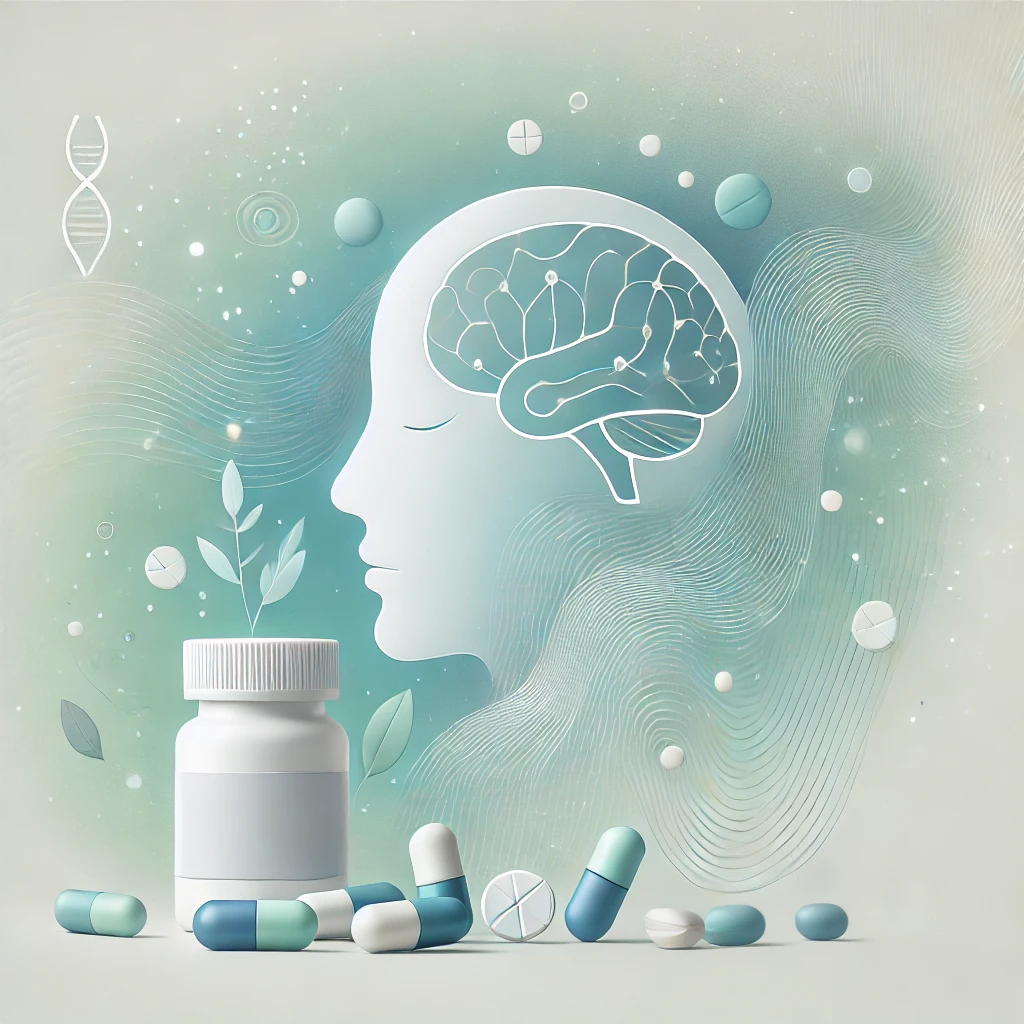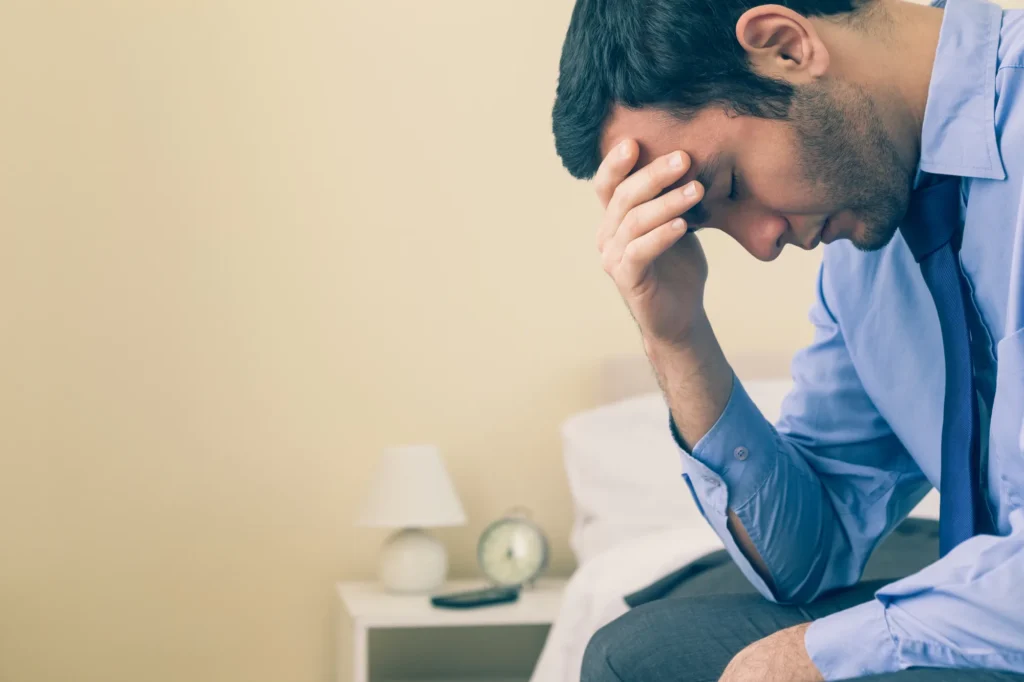What Is Treatment-Resistant Depression?
When therapy or medication fails to alleviate a patient’s depressive symptoms, it’s referred to as treatment-resistant depression. In such cases, alternative treatments such as different therapy approaches or additional medications may be necessary, as conventional methods prove ineffective in providing relief.
What Factors Can Cause Treatment-Resistant Depression?
While there is not a specific cause for treatment-resistant depression, several factors can contribute to its development, including:

Psychological Factors
Treatment-resistant depression may be more prevalent when other mental health conditions, such as anxiety disorders, personality disorders, or unresolved trauma, coexist.
Biological Factors
Variations in brain chemistry, genetics, or neurobiology can also lead to reduced responsiveness to conventional antidepressant treatments in patients.
Environmental Factors
Childhood trauma, chronic illness, substance addiction, stressful life events, and a lack of social support can make treating depression more difficult and raise the possibility of treatment resistance.
Therapeutic Factors
Treatment resistance may result from insufficient therapy methods, a weak therapeutic alliance, or a lack of access to appropriate psychotherapy.
What Are the Symptoms of Treatment-Resistant Depression?
Treatment-resistant depression patients have symptoms including mood swings, insomnia, and changes in appetite that are similar to those of major depressive disorder. Yet those with treatment-resistant depression are more likely to face:
- Experiencing depression more often throughout their life.
- Struggling with suicidal ideation and harmful acts towards suicide.
- Suffering from anxiety.
- Longer depressive episodes
- Symptoms that are more intense or severe.
- Experiencing a decreased capacity to feel pleasure.
How Treatment-Resistant Depression Affects Individuals’ Lives
Treatment-resistant depression makes life very difficult for people. It makes them feel sad all the time, makes it hard to be around others, and makes it difficult to focus. It also affects their sleep and eating habits, making them feel tired and maybe causing them to gain or lose weight. Treatment-resistant depression can even cause people to have suicidal thoughts, which is very serious.

What Treatment Options Can Help in Overcoming Treatment-Resistant Depression?
Acceptance and Commitment Therapy
It is a psychotherapeutic strategy known as acceptance and commitment. This type of therapy focuses on acknowledging problematic thoughts and emotions while deciding to do activities that are consistent with one’s values and objectives. People gain psychological flexibility and resilience through acceptance skills and mindfulness, and these principles can be incorporated into a comprehensive therapy plan along with additional treatments for depression that are resistant to treatment.

Transcranial Magnetic Stimulation (TMS)
Transcranial Magnetic Stimulation (TMS) is a non-invasive therapy that can also be effective in treatment-resistant depression. It involves delivering magnetic pulses to specific brain areas to stimulate nerve cells and regulate mood. TMS is administered over multiple sessions and is effective for individuals who haven’t responded to other treatments.
Ketamine Therapy
Ketamine therapy is another promising treatment for treatment-resistant depression. It is administered via intravenous infusion, intramuscular injection, or nasal spray. Research has shown promising results, especially for individuals who haven’t responded to other treatments. However, due to potential side effects, ketamine therapy requires careful medical supervision. Yet, it offers hope for those struggling with severe depression.
Electroconvulsive Therapy (ECT)
Electroconvulsive therapy (ECT) can also be an effective treatment for severe and resistant depression. It involves applying controlled electrical currents to the brain under general anesthesia, which leads to improvements in mood by altering brain chemistry and neural pathways. ECT is considered when other treatments fail, offering significant relief. It should be performed under the supervision of a professional psychiatrist.
Professional Treatment-Resistant Psychiatrists in Los Angeles and Santa Monica
Dealing with treatment-resistant depression is severely disabling and dangerous for every individual’s well-being, and it’s really important to have expert psychiatrists by your side. If you’re living in any of these cities, including Los Angeles or Santa Monica, our team of skilled professionals is here to help you overcome treatment-resistant depression.
We offer in-person and online treatment sessions based on everyone’s unique needs.
Schedule an appointment and let us help you get through this overwhelming mental condition.
(833) 646-0763
Find Hope in Healing Treatment-Resistant Depression
If you are struggling with treatment-resistant depression and are looking for a professional mental health clinic in Los Angeles and Santa Monica, visit Bespoke Treatment clinic to find the best treatment option.
Get Started












